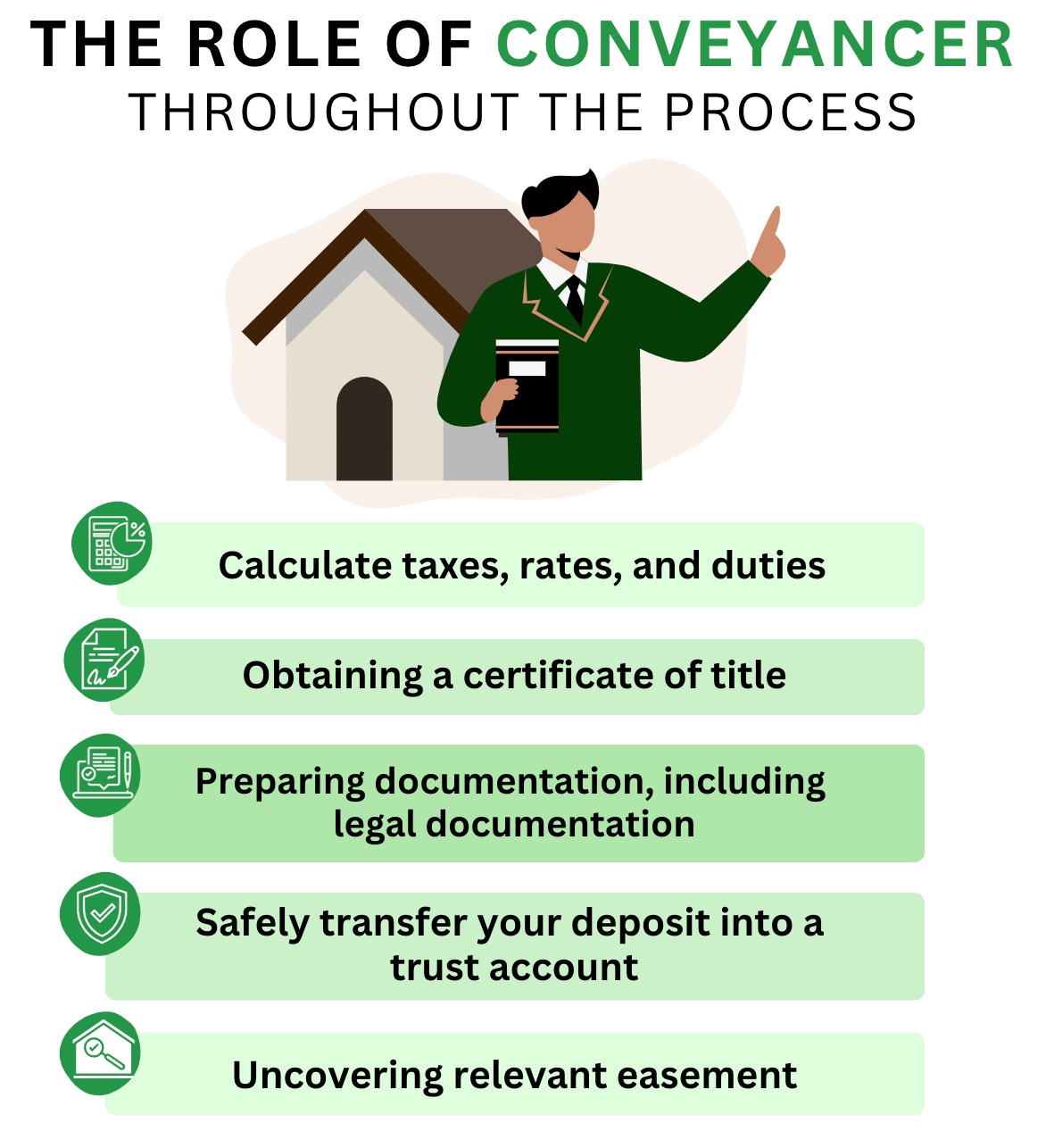How Conveyancer can Save You Time, Stress, and Money.
Table of ContentsAbout ConveyancerExcitement About ConveyancerA Biased View of ConveyancerThe Facts About Conveyancer UncoveredHow Conveyancer can Save You Time, Stress, and Money.
Communicating with the Land Registry, a federal government department, updates the public document with the home's most current owner. The purchaser's lawyer deals with the stamp obligation land tax after ownership transfer.It's payable to HM Profits & Traditions. Customers need to pay this quickly, typically within 14 days of completion, to avoid penalties. Home purchases come with fees, and conveyancing is no exception. Conveyancing fees cover two main locations: the conveyancer's cost and dispensations. The conveyancer's cost is for the lawful work of transferring residential property.
Taken care of fee conveyancing charges an established cost for conveyancing work. It's a basic price no matter of the job's complexity. No Sale No Fee conveyancing ('NSNF') bills only if the transaction is effective. This alternative may include higher fees to counter dangers. It's recommended to obtain several quotes from conveyancing solicitors.
Make certain no concealed fees are included. Contrasting these quotes assists in making a notified choice. Selecting an expert is key to a smooth property acquisition. For a conveyancer search, ask pals or family that've bought building. Their experience can assist you. Estate agents may likewise recommend conveyancers. Ensure that such suggestions aren't just for commission.
What Does Conveyancer Do?
While both conveyancing lawyers and qualified conveyancers are greater than efficient in handling the entire purchasing and offering process, if there are any other legal elements that ought to be dealt with during the transaction (such as how you leave home in your Will certainly), a conveyancing solicitor may be a more suitable selection.

You ought to know that almost always conveyancers pay reference charges to the representatives for intro of a brand-new client. Considered that the estate representative gets a financial advantage if you select their conveyancer, you ought to consider every one of your choices and visit numerous conveyancer and compare their fees and testimonials
Ask regarding their local residential or commercial property experience, fees, and the anticipated conveyancing timeline. Confirm their call details for very easy communication. You might have heard the term 'self-conveyancing'. While practically possible, the procedure carries dangers and challenges. It is feasible to do your very own conveyancing. Nothing legitimately restricts customers and sellers from acting as their own conveyancer.
The 45-Second Trick For Conveyancer
Conveyancing includes lots of lawful terms and complex processes. Taking this on without expert training subjects you to prospective challenges. One oversight can jeopardise your residential or commercial property legal rights. Stopping working to identify a problem in the title actions can lead to a loss of ownership. Errors in the paperwork might trigger conflicts with your mortgage company or delay your relocation.
A conveyancer assists in the preparation of lawful files necessary for the building sale. Preparing the sale contract is an additional task, laying out terms of sale, residential property cost, borders, and legal rights of way.

The Facts About Conveyancer Uncovered
This short article will describe the value of the duty and the various kinds of professional conveyancers.

Conveyancers have to follow legal treatments when preparing and refining documents for the transfer of residential or commercial property from a single person to one click for info more. A conveyancer can only act on behalf of both parties in certain circumstances - as an example, if the two parties relate or they are in business partnership together. But a conveyancer must not act for both parties if they have a conflict of interest in relation to the transaction.
The account needs to be approved by Consumer and Organization Providers (CBS) and be held in a bank, building culture or credit history union. You should: maintain all records of depend on moneyissue detailed receiptsarrange for accounts and documents to be investigated annually. Conveyancing companies must have specialist indemnity insurance policy. You need to reveal evidence of the insurance when you restore your registration each year - as an example, a copy of the insurance certification.
What Does Conveyancer Do?
Conveyancing is the legal process by which the lawful ownership of an unmovable property is obtained. Generally, a brand-new act of transfer is attracted up by a conveyancer and lodged at the deeds office.

A conveyancer is generally the transfer lawyer of a property, a bond attorney attending to a brand-new bond enrollment, or a termination attorney attending to the cancellation of existing bond(s). The conveyancer gets all the legal documents in order to be able to file with the Deeds Office. When you purchase a property, the seller will assign a conveyancer that will submit with the Deeds Workplace to get the building moved to your name.